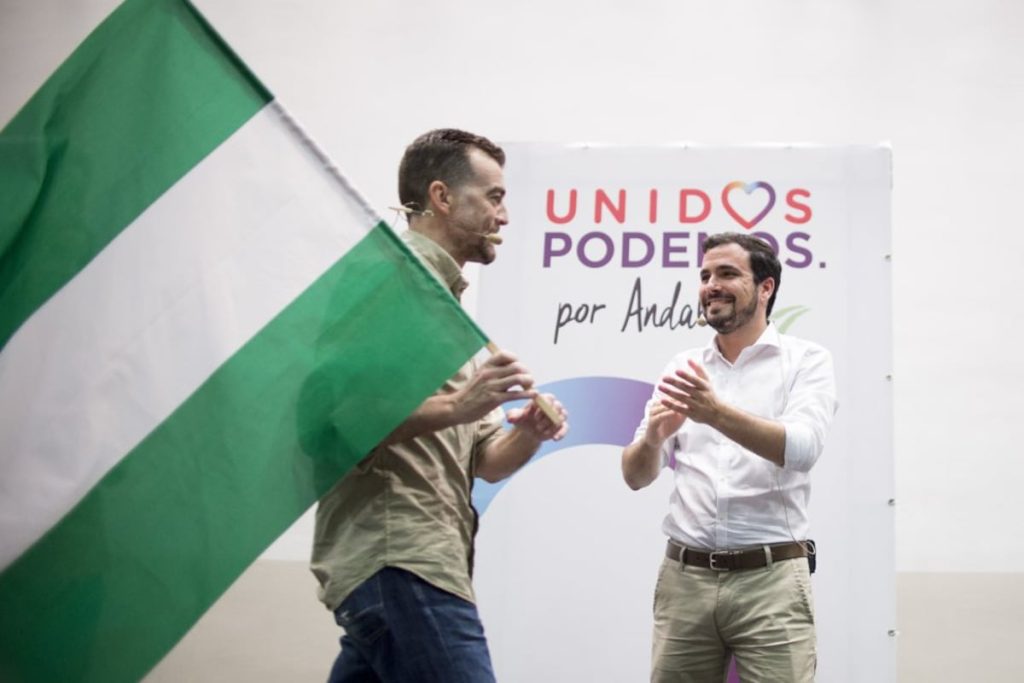Antonio Maíllo has been elected as the new leader of IU, and often refers to the case of Italy in his political analysis. He warns against the “Italianization” of the left and the risks of a disarticulated left. Maíllo emphasizes the need to avoid the mistakes that led to the downfall of the left in Italy since the 1990s, with a model to follow in the union Comisiones Obreras. Despite stepping back from his role as coordinator of IU in Andalusia in 2019 to teach at a high school, Maíllo has remained connected with IU and returned to the forefront due to a perceived tendency towards withdrawal within the organization.
The dissolution of the Italian Communist Party (PCI) in 1991 has had a lasting impact on the left in Italy, leading to divisions, rebrandings, and disillusions. The fragmentation of the left in Italy serves as a cautionary tale for Maíllo and IU, as it has resulted in a lack of clear leftist alternatives and a disenchanted progressive electorate. With the PCI once being a leading force in Italian society, its decline has left many feeling apathetic and disillusioned. The legacy of the PCI’s dissolution continues to influence the political landscape in Italy to this day.
Maíllo’s victory in the primaries signals a shift in the leadership of IU, with a clear mandate but also internal dissent regarding IU’s role in political alliances like Sumar and its positioning in electoral lists. As the new coordinator, Maíllo faces the challenge of overcoming internal resistance towards coalitions and maintaining IU’s relevance within the broader left-wing space. He aims to change the way Sumar operates and ensure that IU remains a significant player within the progressive political landscape. Maíllo’s focus on avoiding a scenario similar to Italy’s left-wing fragmentation is a central tenet of his leadership strategy.
Amidst concerns about the “Italianization” of the left, Maíllo looks to the example of the union Comisiones Obreras as a model of unity and strength in Spain. He stresses the importance of maintaining unity within IU and its allies to ensure a strong social and political impact. Maíllo’s leadership style reflects a generational perspective shaped by the downfall of the PCI, emphasizing the need for consistency and collective action. By highlighting the risks of fragmentation and neoliberal influences on leftist organizations, Maíllo seeks to steer IU towards a path of sustainability and collaborative engagement.
As Maíllo prepares to lead IU into a new era, his focus on unity, cohesion, and collective action stands in contrast to the pitfalls of division and disintegration seen in the Italian left. By drawing lessons from history and emphasizing the importance of solidarity and continuity within the left, Maíllo aims to position IU as a strong and influential force in Spanish politics. His leadership will be shaped by a commitment to avoiding the mistakes of the past and building a resilient and united leftist movement in Spain.














